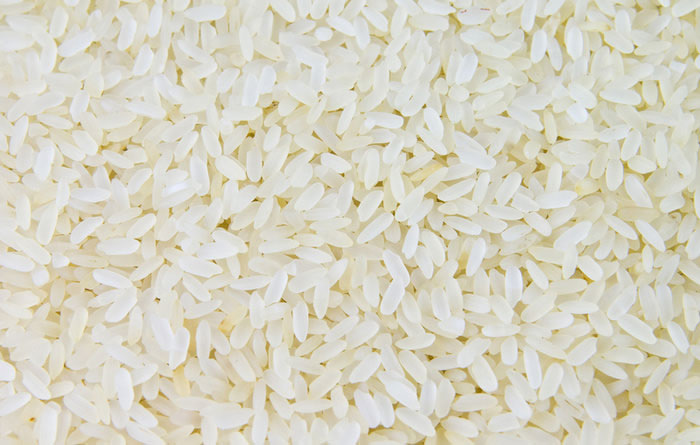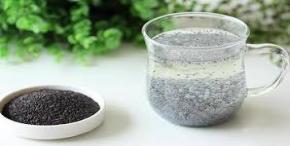News
Lemon
Update: 5/14/2021Overview
Lemon water is all the rage these days.
Many restaurants serve it routinely, and some people start their day with lemon water instead of coffee or tea. There’s no doubt lemons are delicious, but does adding them to water make you healthier?
Much of the evidence supporting lemon water’s health benefits is anecdotal. Little scientific research has been done specifically on lemon water, but research exists on the benefits of lemon and water separately.
Here are seven ways your body may benefit from lemon water.
According to the Food and Nutrition Board, general guidelines say that women should get at least 91 ounces per day and men should get at least 125 ounces. This includes water from food and drinks.
Water is the best beverage for hydration, but some people don’t like the taste of it on its own. Adding lemon enhances water’s flavor, which may help you drink more.
Citrus fruits like lemons are high in vitamin C, a primary antioxidant that helps protect cells from damaging free radicals. You’ve probably heard that vitamin C may help prevent or limit the duration of the common cold in some people, but studies are conflicting.
Vitamin C may reduce your risk of cardiovascular disease and stroke, and lower blood pressure.
While lemons don’t top the list of citrus fruits high in vitamin C, they’re still a good source. According to the
Research has shown that polyphenol antioxidants found in lemons significantly reduces weight gain in mice that are overfed in order to induce obesity.
In these mice studies, the antioxidant compounds also offset the negative effects on blood glucose levels and improved insulin resistance, the two main factors in the development of type 2 diabetes.
While the same results need to be proven in humans, anecdotal evidence is strong that lemon water supports weight loss. Whether this is due to people simply drinking more water and feeling full or the lemon juice itself is unclear.
Vitamin C found in lemons may help reduce skin wrinkling, dry skin from aging, and damage from the sun. How water improves skin is controversial, but one thing is certain. If your skin loses moisture, it becomes dry and prone to wrinkles. A 2016 laboratory study showed that a citrus-based drink helped prevent the development of wrinkles in hairless mice.
Some people drink lemon water as a daily morning laxative to help prevent constipation. Drinking warm or hot lemon water when you wake up may help get your digestive system moving.
Ayurvedic medicine says the sour lemon taste helps stimulate your “agni.” In ayurvedic medicine, a strong agni jump-starts the digestive system, allowing you to digest food more easily and helping to prevent the buildup of toxins.
Have you ever rubbed a lemon on your hands to get rid of the smell of garlic or some other strong odor? The same folk remedy may apply to bad breath caused by eating foods with strong smells such as garlic, onions, or fish.
You might avoid bad breath by drinking a glass of lemon water after meals and first thing in the morning. Lemon is thought to stimulate saliva and water also helps prevent a dry mouth, which can lead to bad breath caused by bacteria.
The citric acid in lemons may help prevent kidney stones. Citrate, a component of citric acid, paradoxically makes urine less acidic and may even break up small stones. Drinking lemon water not only gets you citrate, but also the water you need to help prevent or flush out stones.













